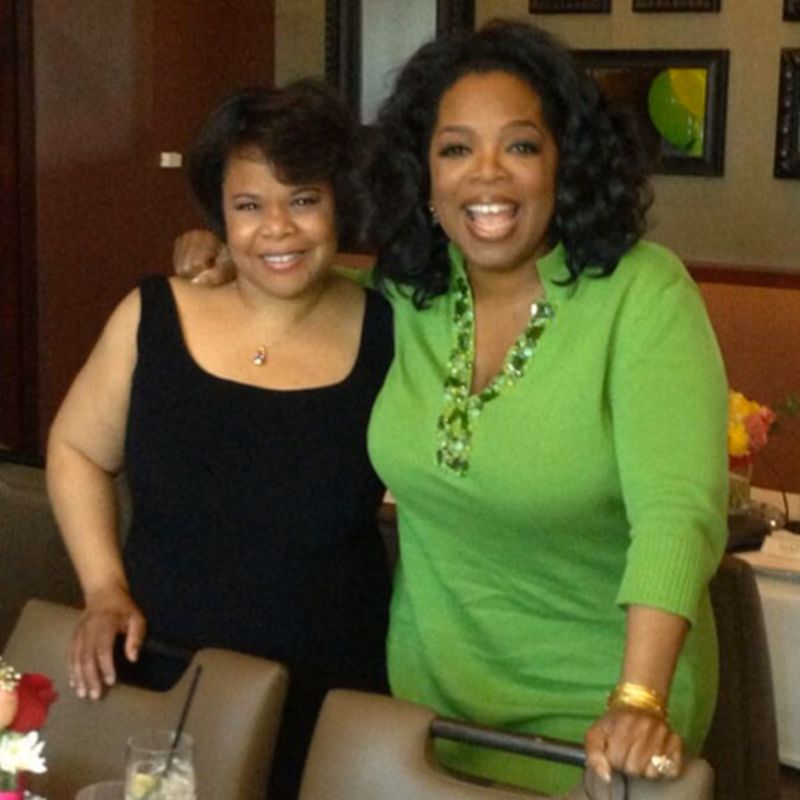Joanne Carole Schieble was born on August 1, 1932, in Green Bay, Wisconsin. Raised in a conservative German-American family, her childhood was defined by traditional expectations for women, centered on religion, family, and obedience. But Joanne was different. While many young women of her era were expected to settle down early, she aimed higher. She pursued a college education at the University of Wisconsin, focusing on speech pathology—a progressive field not commonly chosen by women at the time. Her academic ambition hinted at a deep sense of independence and intellectual curiosity that would later influence key decisions in her life.
Love Across Borders
While attending graduate school, Joanne met Abdulfattah Jandali, a Syrian immigrant pursuing his own academic goals in political science. Their relationship was intense and sincere, but also complicated by the era’s strong cultural and religious boundaries. Joanne was Catholic. Jandali came from a Muslim background. In 1950s America, their love was met with resistance, especially from Joanne’s strict father.
When she became pregnant in 1954, she was left with few choices. Unmarried and unsupported by her family, Joanne quietly traveled to San Francisco to give birth far from home. On February 24, 1955, she delivered a baby boy, Steven Paul Jobs.
The Difficult Adoption Decision
Joanne wanted her son to have a good life. She insisted he be adopted by a well-educated, Catholic couple. However, the couple she had chosen backed out, and instead, Steve was placed with Paul and Clara Jobs—a working-class couple who hadn’t completed college. Joanne hesitated. She initially refused to sign the adoption papers until she was assured that the child would someday attend college.
This decision, though made in private, would echo through time. Joanne’s choice gave Steve Jobs a new beginning with a stable and loving family, even if it didn’t meet her original expectations. In a world where women were often forced into silence or shame, her insistence on her child’s future reflected strength and care few saw.
Life Beyond the Headlines
After Steve’s birth and adoption, Joanne continued with her life, eventually marrying George Simpson, a fellow academic. Together, they had a daughter named Mona Simpson, who would later become a celebrated novelist. Unlike with Steve, Joanne raised Mona herself, offering a more traditional mother-daughter relationship.
Mona’s 1996 novel “A Regular Guy,” which was loosely based on their family dynamic and Steve Jobs, provided rare glimpses into Joanne’s personality. Although she lived far from the media spotlight, her story resurfaced whenever conversations about Steve Jobs’ origins came up.
The Private Reunion
In the 1980s, Steve Jobs began searching for his biological roots. He eventually found Joanne and met his biological sister, Mona. The reconnection was described as warm but low-key. Joanne and Steve developed a relationship built on understanding and mutual respect, though it was never a major topic of public conversation.
Steve rarely spoke about Joanne in public, but those close to him knew the reunion meant a great deal. Given his deep interest in identity and belonging, discovering his origins helped him piece together parts of himself that had long been hidden.
A Woman Shaped by Strength
Joanne Schieble’s story is a reflection of many untold stories of women from her generation. In a time when being an unwed mother could destroy one’s reputation, she made a decision out of love and foresight. While history often celebrates bold public figures, it frequently forgets the quiet ones who enabled their greatness.
She didn’t build Apple or speak at product launches. She didn’t appear on magazine covers. But she made the decision that changed everything. Her belief in education, her defiance of expectations, and her emotional strength in parting with her child laid the foundation for what would become one of the most iconic careers in modern history.
Legacy Without Spotlight
Joanne chose to remain largely outside public view. She granted few interviews and left the telling of her story to others, including her daughter Mona. Unlike many figures connected to celebrity or success, she didn’t seek attention. Her power came from restraint and quiet impact.
In a culture that often values visibility over substance, Joanne Schieble’s legacy is a reminder that some of the most meaningful choices are made in silence. She helped bring Steve Jobs into the world, and in doing so, helped influence a global transformation in communication, design, and technology.
Final Thoughts
Joanne Schieble’s life was one of contrasts—love and loss, independence and sacrifice, public impact and private existence. Her decision to place her son for adoption shaped one of the world’s most influential lives, yet she never asked for recognition.
While Steve Jobs became a tech icon, it was Joanne who made the painful, pivotal choice that allowed his journey to begin. In that decision, and in her quiet strength, lies a different kind of legacy. One that deserves to be remembered.









